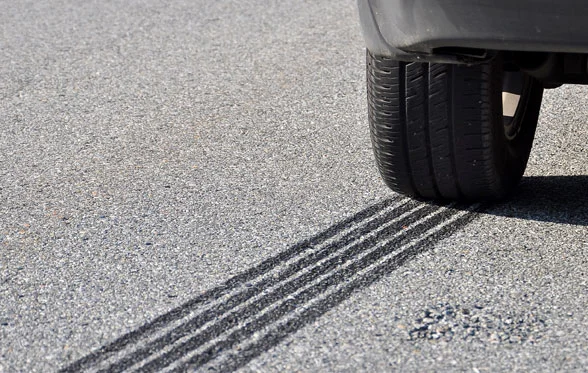On September 1, 2009 the National Highway Traffic Safety Administration (NHTSA) published a Notice of Proposed Rulemaking (NPRM) to amend FMVSS 118 Power-Operated Window, Partition and Roof Panel Systems to require an automatic reversal system (ARS) for windows that close with one touch of a switch [Vol.74, Number 168; Docket No. NHTSA-2009-0154].
The Cameron Gulbransen Kids Transportation Act of 2007 directed NHTSA to consider amending FMVSS 118 to prevent children and others from being trapped, injured, or killed by requiring power windows and panels to automatically reverse direction when an obstruction is detected. If NHTSA does not mandate the ARS, the Act requires that NHTSA submit a report to Congress describing why this feature was not mandated. NHTSA must also publish a list of vehicles that are or are not equipped with power windows and panels that automatically reverse direction when an obstruction is encountered.
After analyzing the available data and considering the recent revisions to FMVSS 118 (pull-to-close switches and specifying location and test procedures to minimize inadvertent activation), NHTSA has concluded that the overall existing problem is relatively small. However, NHTSA's assessment did identify one area where they believe safety improvement is a possibility. NHTSA believes windows that close with one touch of the switch ('express-up') pose a potential risk of injury to persons in or around the vehicle because the closing does not require continuous engagement of a human operator. NHTSA is also seeking comments on a broader requirement for an ARS and could include such requirements in a Final Rule. Additionally, NHTSA will be providing consumers with information regarding which vehicles are equipped with an ARS. This information is expected to be available by October 2009 at http://www.safercar.gov.
Not in the NPRM, but under consideration by NHTSA is replacing the performance specification currently in paragraph S5 with the specifications listed in United Nations Economic Commission for Europe (ECE) R21. NHTSA is requesting comments on the idea of replacing the ARS specification in S5 with the ECE specification and whether there have been significant number of injuries to extremities caused by power windows equipped with ECE R21-compliant ARS.
Given the available estimates of the effectiveness of an ARS, the scope of the safety problem that an ARS effectively addresses, and the Congressional mandate; NHTSA is proposing to require that all main windows (all windows except vent windows and sunroofs/moonroofs) equipped with an express-up feature, and certified to comply with the requirements of S4, be required to have an ARS that complies with the test specifications of section 5.8.3 of ECE R21.
Overall, NHTSA does not believe that this primary proposal would impose significant costs. NHTSA believes virtually every power window that is equipped with an express-up feature is also equipped with an ARS. Furthermore, they believe that most of these windows are built in accordance with the specifications in ECE R21. As a result, this proposal would only require manufacturers to take the precautions with express-up windows that, as far as the agency is aware, they have already been taking in most cases. Furthermore, NHTSA tentatively believes that this proposal will promote the development of an ECE-compliant ARS for those manufacturers who are currently producing an ARS that does not adhere to this specification (or the specifications currently in FMVSS No. 118). Given these facts, NHTSA does not believe that this proposal would impose any significant costs on vehicle manufacturers or ARS suppliers.
Comments to NHTSA regarding this NPRM are due November 2, 2009.
